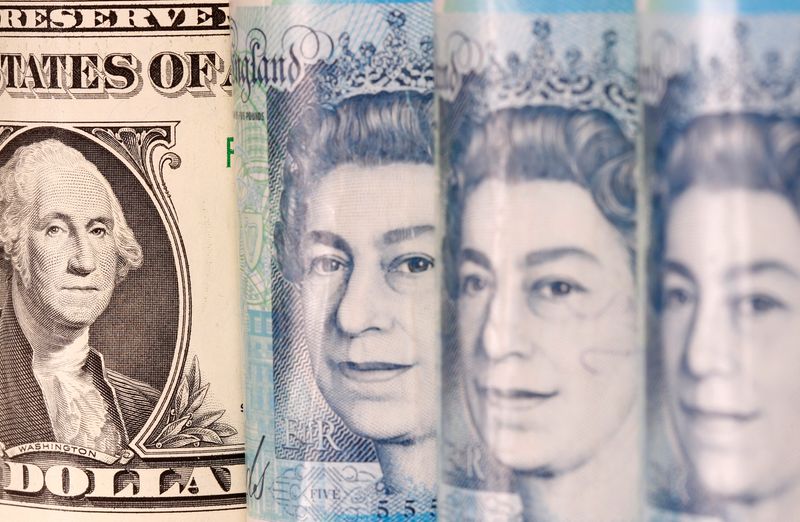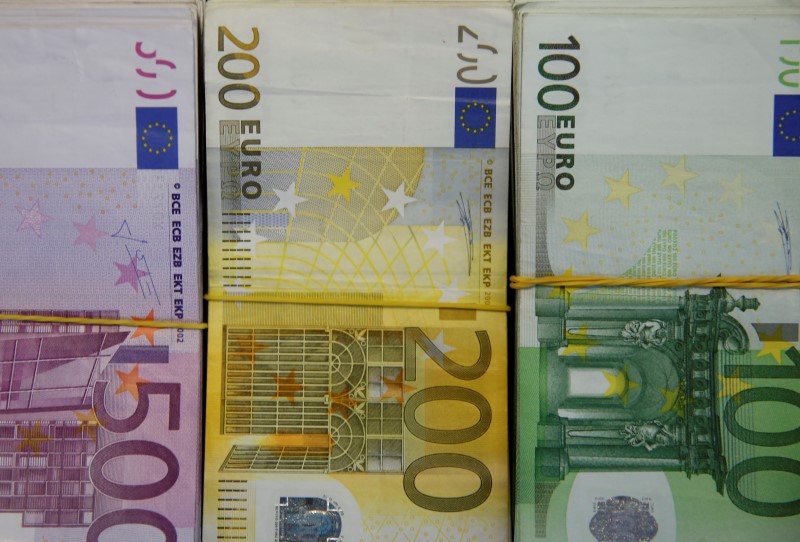LONDON (Reuters) – The pound hit its highest in almost two years against the euro on Monday, although it fell against the dollar as the common currency tumbled after French President Emmanuel Macron called early elections after leaving a EU vote by the European Union had been defeated. to the far right.
The euro fell to a low of 84.53 pence, its lowest level since August 2022, breaking its recent range against the pound, and also fell against the dollar, along with declines in other assets in France and the eurozone.
It was last down 0.37% at 84.59 pence.
Centre, liberal and socialist parties were expected to retain majorities after the European Parliament elections, but Eurosceptic nationalists made the biggest gains, raising questions about the major powers’ ability to steer policy in the bloc.
Macron made a risky gamble to restore authority and called parliamentary elections with a first round on June 30.
“Expect to hear a lot about the divergent political scenes, with the upcoming UK general election expected to give the UK a very large Labor majority, while the French election promises to deliver a parliament diametrically opposed to the presidency,” he said. Chris Turner. , ING’s global head of markets in a note.
“We probably can’t rule out moving a little lower this week – perhaps to 0.8400… But we think this sterling rally won’t last and is likely to reverse next week when we hear from the Bank of England – likely setting the market up for a rate cut in August,” Turner added.
UK wages data for April, due on Tuesday, is the key data point this week ahead of the BoE meeting. Markets viewed a policy change at that meeting as highly unlikely following persistent services inflation in April.

Also in this mix, an industry survey published on Monday showed that the UK recruitment market is ready for a recovery.
But the pound fell 0.2% against the dollar on Monday to $1.2698, continuing to fall after falling 0.5% on Friday, as better-than-expected US jobs data caused markets to up their bets. reversed the Federal Reserve’s first rate cut at the end of 2024.
(Repotting by Alun John; Editing by Mark Potter)


